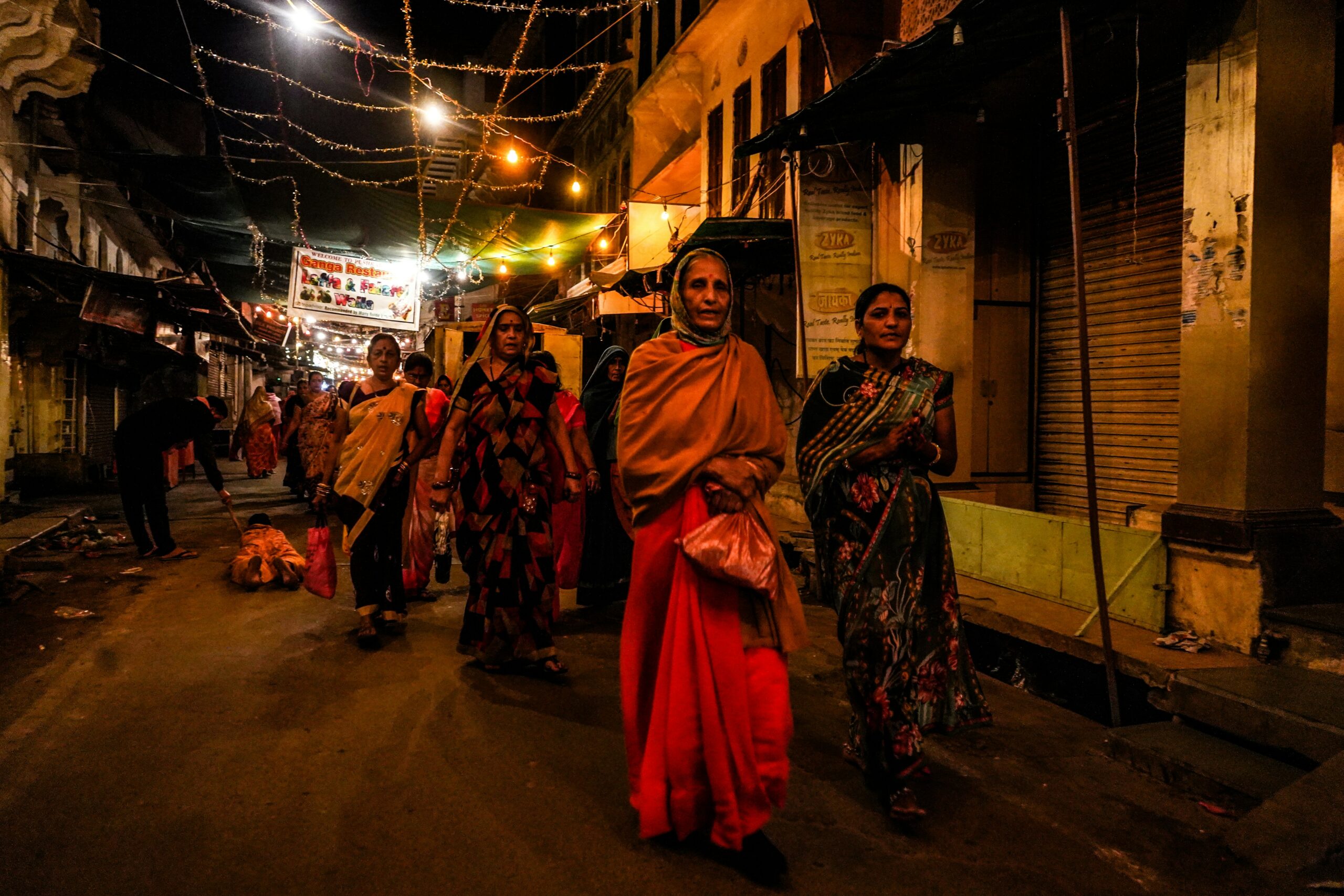
‘Vote Theft’ Allegations Ignite Protests Over Electoral Roll Changes in India
On August 11, 2025, a significant political demonstration unfolded in New Delhi as India’s opposition parties, spearheaded by Rahul Gandhi, protested a controversial revision of the voter list in Bihar, a crucial electoral battleground. The protest, which started from parliament to the Election Commission office, saw the brief detention of several lawmakers, including Gandhi, intensifying tensions in an already polarized political landscape.
Background of the Electoral Roll Revision
The contentious revision impacts nearly 80 million voters in Bihar, imposing stringent documentation requirements for voter registration. This move by the Election Commission has sparked fears of disenfranchising particularly vulnerable groups, including minorities and those in economically disadvantaged positions. The opposition, led by the Indian National Congress and other parties, has labeled the revision an ‘institutionalized theft’ aimed at denying the poor and marginalized their voting rights.
Protest and Political Tensions
The protest saw hundreds of opposition supporters and lawmakers stopped by police forces as they attempted to march towards the Election Commission. The confrontation highlighted the deep divisions and escalating disputes over voting rights and electoral integrity in India. Rahul Gandhi, during the protest, emphasized that the struggle was not just political but a fight to ‘save the constitution.’
Government and Election Commission’s Stance
The BJP, currently governing in Bihar in a coalition, and the Election Commission have defended the electoral roll revision. They argue that the update is necessary to maintain accurate voter lists and prevent illegal voting. According to the Election Commission, the process is a routine effort to ensure that no eligible voter is left behind, and it includes safeguards to prevent the exclusion of legitimate voters.
Implications for Future Elections
The revision and the surrounding controversy occur as Bihar approaches critical state elections, which could influence the broader political balance in India’s Parliament. The outcomes could significantly affect the BJP’s standing in one of India’s poorest states, where it has never held complete control without coalition partners. Furthermore, similar voter list revisions are planned across India, potentially affecting millions more voters.
Conclusion
The protests in New Delhi represent a critical juncture in India’s democratic processes, as they reflect growing concerns over voter disenfranchisement and electoral transparency. With the general elections on the horizon, the integrity of voter lists and the inclusivity of the electoral process remain pivotal issues that could shape the future political landscape of the country.


